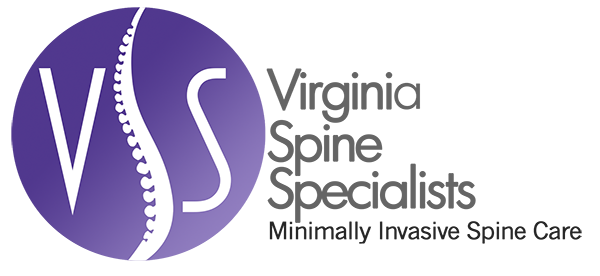7 Tips for Getting a Good Night’s Sleep After Back Surgery – Part 1
Deep, restful sleep allows the body to heal itself, but if you aren’t getting regular, adequate sleep, you could be making it more difficult for your body to recover from spinal surgery. In the next two blog posts, we’ll present 10 tips for getting a restful sleep so you can be back on your feet in no time.
1. Get into the sunlight when you wake.
When you wake up in the morning, don’t lounge around in bed. Instead, get out into the morning sun so your natural biological clock will know it’s time to wake up. If you get up before dawn, or if the weather isn’t cooperating, at least get into an artificial bright light for similar effects. Doing this regularly will allow your body to set its “inner clock” for rest in about 14 to 16 hours later.
2. Avoid hot baths before bedtime.
You’ve probably read that a hot bath will help you relax, possibly making sleep come more easily. However, your body needs to lower its temperature in order to fall asleep; a hot bath will be counterintuitive and keep you awake. If you enjoy a hot soak in the tub, just be sure to finish your bath at least two hours before bedtime so your body has a chance to cool itself down.
3. Make your room temperature cooler.
As you can imagine, keeping your bedroom a bit cooler will aid in helping your body to cool itself down before bed. In the winter, turn your thermostat down before bedtime, and in the summer, keep a fan or the air conditioning running so you can sleep easily.
4. Take naps each day.
Reckless napping can throw our bodies off schedule, leading to sleep troubles at night. But, as you are healing from surgery, you’ll want to give your body all the rest it needs. If you stick to three rules, napping can help you get the restorative rest your body needs right now.
Stick to a schedule. Nap at the same time each day so your body knows to “expect” this restful time. Keep it short. Only nap for 15-20 minutes. This type of “power nap” provides enough sleep to help you feel refreshed and more alert, but it won’t interfere with your overall sleep schedule. Nap in the early afternoon. The best time to nap is 20 to 30 minutes after lunch, when your body feels naturally sleepy, and it’s early enough not to interfere with your nightly bedtime.
In our next post, we’ll introduce several more tips for getting a great night’s sleep, so you can be on the road to recovery sooner.

Categories
Archives
Contact Dr. Mudit Sharma
Phone: (571) 921-4877
Toll Free: (855) 774-6334
Monday – Thursday: 8am – 4pm
Friday: 8am – 2pm
Fredericksburg
4604 Spotsylvania Parkway, Suite 300 Fredericksburg, VA 22408
Manassas
8650 Sudley Road, Suite 315
Manassas, VA 20110-4418
